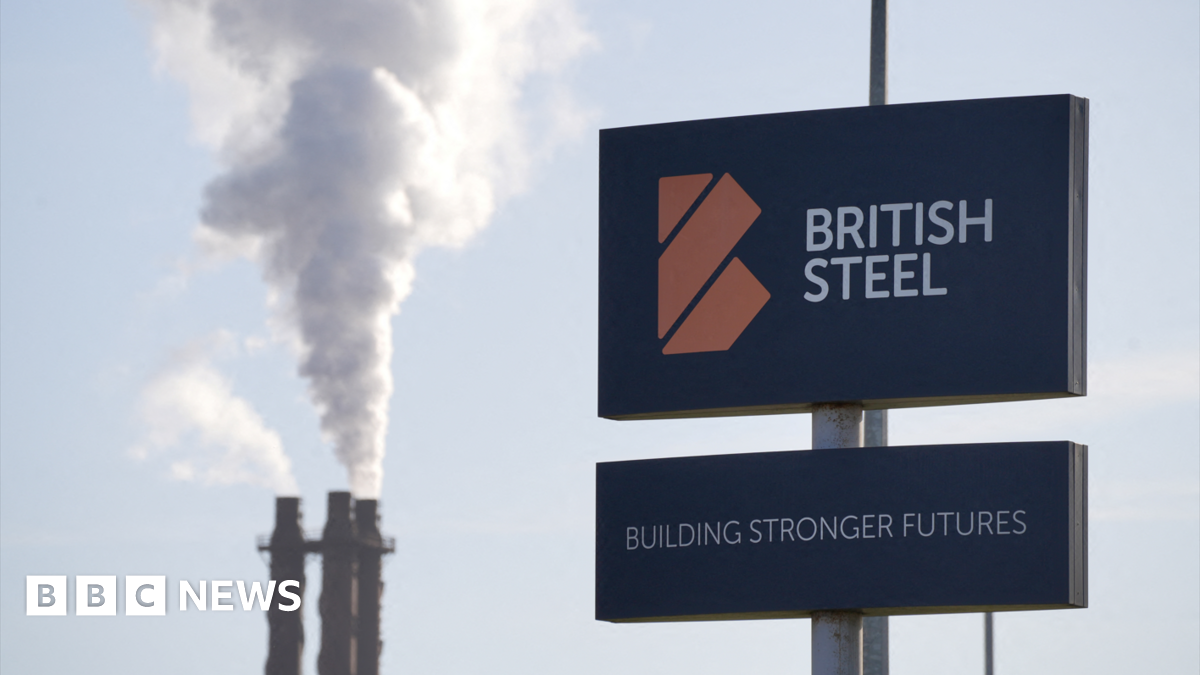brad465
Established Member
Looks like British Steel is about to be nationalised:

 www.bbc.co.uk
www.bbc.co.uk

Parliament recalled to debate emergency law to save British Steel
A source says the government is looking "to take control"' of the company after talks to save the Scunthorpe plant.
Parliament will be recalled on Saturday to debate an emergency law to save British Steel's plant in Scunthorpe.
A government source says it is looking "to take control"' of the company, after its Chinese owner said its blast furnaces are "no longer financially sustainable".
Talks have been taking place this week talks to keep production going at the firm, which employs 2,700 people.
Politicians left Westminster for their Easter break on Tuesday, and were not due to return until 22 April.
Ministers had expressed a preference for a commercial solution to secure the long-term future of the plant.
But they had not ruled out nationalising the firm, saying all options remained on the table.
https://www.bbc.co.uk/news/articles/c1k44k4rz8jo
The House of Commons said MPs would discuss proposed legislation to "ensure the continued operation" of the company's blast furnaces, the last place in the UK where higher-grade virgin steel is made.
The House of Lords is also being recalled, sitting from midday, one hour after the sitting will start in the House of Commons.
Chinese company Jingye, which bought British Steel in 2020, says it has been suffering financial losses of around £700,000 a day.
Last month it began a mandatory 45-day consultation on plans to shed jobs at its steelmaking operations, blaming "highly challenging" market conditions, tariffs and costs associated with lower-carbon production techniques.
But the government is thought to have lost confidence in the company after a stand-off over who will pay for raw materials to keep the blast furnaces going.
Industry body UK Steel has warned that ending production at the Scunthorpe site would see the UK would lose vital steelmaking capabilities.
